June 5 stands as one of history’s most eventful days, witnessing the rise and fall of empires, groundbreaking discoveries, and moments that shaped our modern world across centuries of human achievement.
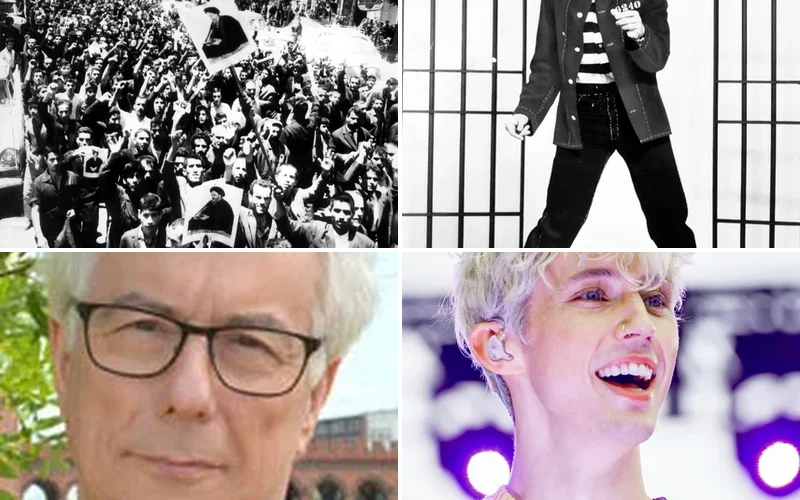
Politics and Government Events on June 5
1915 – Denmark Amends Constitution for Women’s Suffrage
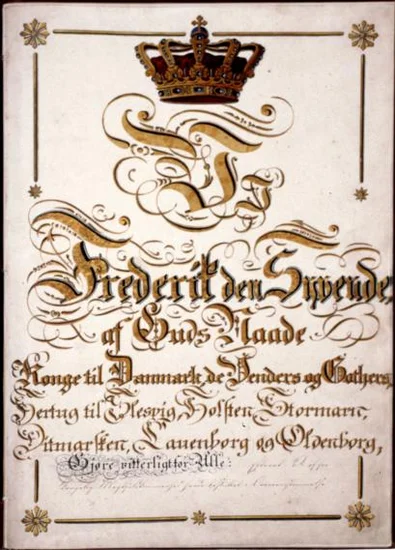
Denmark revolutionized its democratic principles by amending its constitution to grant women voting rights. This landmark decision positioned Denmark among the progressive nations embracing gender equality in politics.
The constitutional amendment reflected growing social pressure for women’s participation in governance. Danish women finally gained the political voice they had long demanded through organized suffrage movements.
1949 – Thailand Elects First Female Parliament Member
Thailand broke significant political barriers when Orapin Chaiyakan became the first woman elected to the nation’s Parliament. Her historic victory opened doors for future female political participation in Thai governance.
This milestone represented a crucial step toward gender representation in Southeast Asian politics. Chaiyakan’s election inspired countless women across Thailand to pursue political careers and civic engagement.
1963 – Profumo Affair Rocks British Government
British Secretary of State for War John Profumo resigned amid a devastating sex scandal that shook the Conservative government. The affair involved a call girl with connections to Soviet intelligence, raising serious security concerns.
The scandal severely damaged Prime Minister Harold Macmillan’s administration and public trust in government. Media coverage of the affair marked a turning point in British political journalism and public accountability.
1946 – First Singapore Government Sworn In
Singapore’s inaugural government officially took office, marking the beginning of the city-state’s journey toward self-governance. This historic ceremony established the framework for Singapore’s eventual independence and prosperity.
The new government faced enormous challenges including economic development and social unity. Singapore’s leaders began implementing policies that would transform the island into a global financial center.
2006 – Serbia Declares Independence from Montenegro
Serbia formally declared independence from the State Union of Serbia and Montenegro, ending decades of political partnership. This peaceful separation marked the final dissolution of Yugoslavia’s successor state.
The declaration followed Montenegro’s successful independence referendum weeks earlier. Both nations embarked on separate paths toward European Union membership and international recognition.
2017 – Arab Nations Sever Ties with Qatar
Six Arab countries cut diplomatic relations with Qatar, accusing the nation of supporting terrorism and destabilizing regional politics. The coordinated action isolated Qatar economically and politically within the Gulf region.
Saudi Arabia, Egypt, Bahrain, Yemen, Libya, and the United Arab Emirates imposed severe sanctions and travel restrictions. This diplomatic crisis reshaped Middle Eastern alliances and forced Qatar to seek alternative partnerships.
Military and Naval History on June 5
1916 – Arab Revolt Against Ottoman Empire Begins
The Arab Revolt erupted against centuries of Ottoman rule, fundamentally altering the balance of power in the Middle East. Arab forces, supported by British advisors including T.E. Lawrence, launched coordinated attacks across the Arabian Peninsula.
The rebellion marked the beginning of modern Arab nationalism and the eventual collapse of Ottoman authority. This uprising would reshape the entire Middle Eastern political landscape following World War I.
1917 – United States Begins Military Conscription
America initiated its first systematic military draft on “Army registration day” as World War I demands intensified. Millions of American men registered for potential military service, dramatically expanding the nation’s fighting capacity.
The conscription system represented a massive mobilization of American society for warfare. This draft would provide the manpower necessary for decisive American intervention in European battlefields.
1944 – Allied Bombers Prepare for D-Day
More than 1,000 British bombers unleashed 5,000 tons of explosives on German coastal defenses in Normandy. This massive aerial assault softened Nazi fortifications in preparation for the following day’s historic invasion.
The bombing campaign represented the largest pre-invasion bombardment in military history. Allied air superiority proved crucial in weakening German defensive positions before the amphibious assault.
1967 – Six-Day War Commences
Israel launched devastating surprise attacks against Egyptian airfields, effectively destroying the Egyptian Air Force within hours. This preemptive strike marked the beginning of one of the most decisive conflicts in Middle Eastern history.
The Israeli attacks eliminated Arab air power and ensured military dominance throughout the conflict. This strategic victory would reshape Middle Eastern borders and international relations for decades.
1981 – Operation Blue Star Begins
Indian Prime Minister Indira Gandhi ordered military forces to storm the Golden Temple, Sikhism’s holiest site. The controversial operation aimed to remove armed militants who had occupied the sacred complex.
The assault inflicted severe damage on the temple and caused numerous casualties among civilians and militants. This traumatic event deepened religious tensions and ultimately contributed to Gandhi’s assassination.
Science and Discovery Milestones on June 5
1995 – Bose-Einstein Condensate First Created
Scientists achieved the first successful creation of a Bose-Einstein condensate, a unique state of matter predicted by quantum mechanics. This groundbreaking achievement opened new frontiers in atomic physics and quantum research.
The condensate represents matter cooled to temperatures approaching absolute zero, where atoms behave as a single quantum entity. This discovery revolutionized understanding of quantum mechanics and atomic behavior.
2012 – Last Transit of Venus Until 2117
Astronomers worldwide observed Venus passing directly between Earth and the Sun, creating a rare celestial spectacle. This transit provided scientists with valuable data about planetary atmospheres and orbital mechanics.
The event marked the final opportunity for current generations to witness this astronomical phenomenon. Venus transits occur in pairs separated by more than a century, making each observation historically significant.
2017 – DSV Alvin Commissioned
The deep-sea research vessel DSV Alvin officially entered service, revolutionizing ocean exploration capabilities. This pioneering submersible would enable scientists to explore previously inaccessible deep-sea environments and ecosystems.
Alvin’s advanced technology allowed researchers to study ocean trenches, underwater volcanic activity, and marine life. The vessel would make countless groundbreaking discoveries in marine biology and geology.
2003 – Extreme Heat Wave Peaks in South Asia
Temperatures soared above 50°C (122°F) across Pakistan and India as a devastating heat wave reached its climax. The extreme weather event highlighted growing concerns about climate change and public health preparedness.
The heat wave caused widespread health emergencies and exposed vulnerabilities in urban infrastructure. This weather event prompted new research into heat-related mortality and climate adaptation strategies.
Cultural and Arts Events on June 5
1956 – Elvis Presley Scandalizes Television Audience
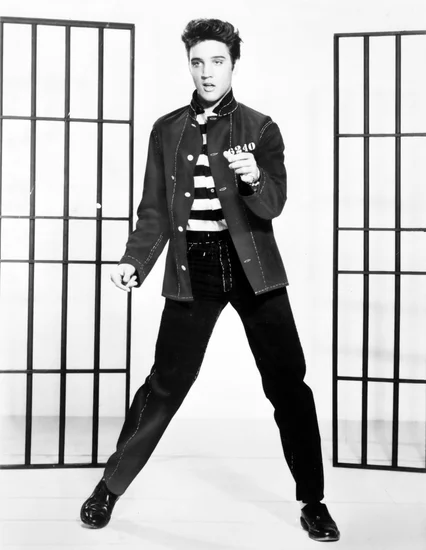
Elvis Presley introduced his electrifying single “Hound Dog” on The Milton Berle Show, shocking viewers with his provocative hip movements. His performance sparked national debate about youth culture and musical expression.
The controversial appearance launched Elvis into superstardom while igniting fierce criticism from conservative audiences. This televised performance fundamentally changed popular music and American entertainment culture.
1912 – Richard Scarry Born
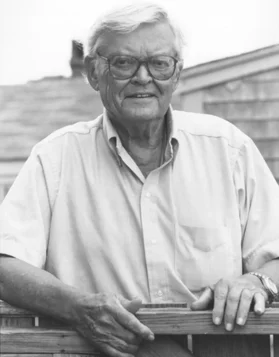
American children’s author and illustrator Richard Scarry entered the world, destined to create beloved educational books. His whimsical illustrations and engaging stories would captivate generations of young readers worldwide.
Scarry’s books featuring Busytown characters became classics of children’s literature. His creative works taught countless children about community, friendship, and everyday life through delightful storytelling.
1947 – Laurie Anderson Born

Pioneering performance artist Laurie Anderson was born, later becoming a groundbreaking figure in experimental music and multimedia art. Her innovative approach combined technology, storytelling, and musical performance in revolutionary ways.
Anderson’s artistic vision pushed boundaries between traditional art forms and modern technology. Her influence extended across multiple disciplines, inspiring countless artists to explore new creative possibilities.
1949 – Ken Follett Born

Welsh novelist Ken Follett was born, later becoming one of the world’s most successful historical fiction writers. His meticulously researched novels would captivate millions of readers with epic storytelling and historical detail.
Follett’s works, including “The Pillars of the Earth,” redefined historical fiction for modern audiences. His ability to weave complex narratives around historical events earned international acclaim and literary recognition.
Religious and Social Events on June 5
1963 – Movement of 15 Khordad in Iran

Massive protests erupted across Iran following the arrest of Ayatollah Ruhollah Khomeini by Shah Mohammad Reza Pahlavi’s forces. Thousands of religious demonstrators confronted government tanks and paratroopers in multiple cities.
The violent suppression of these protests deepened opposition to the Shah’s secular modernization policies. This uprising marked a crucial moment in the religious resistance that would eventually culminate in the Islamic Revolution.
1975 – United Kingdom’s First EEC Referendum
Britain conducted its first nationwide referendum on European Economic Community membership, marking a historic moment in democratic participation. The vote represented the first time British citizens directly decided a major constitutional question.
The referendum campaign featured intense debate about national sovereignty and European integration. British voters ultimately chose to remain in the EEC, shaping the nation’s European destiny for decades.
2004 – First Same-Sex Marriage in France
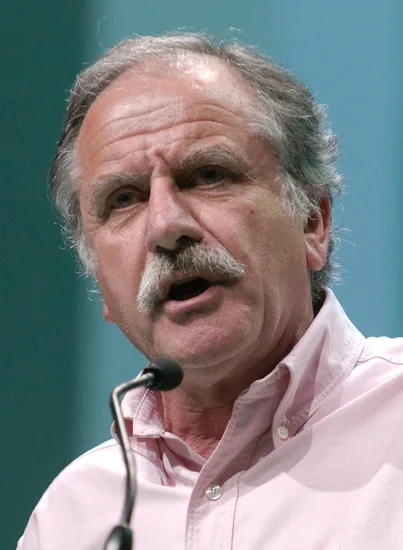
Mayor Noël Mamère of Bègles performed France’s first same-sex marriage ceremony despite legal prohibitions. This defiant act sparked national debate about marriage equality and LGBTQ+ rights in French society.
The controversial ceremony challenged traditional marriage definitions and accelerated discussions about civil rights. Mamère’s actions inspired activists while generating fierce opposition from conservative religious groups.
2009 – Indigenous Rights Clash in Peru
Violent confrontations between security forces and indigenous protesters near Bagua, Peru, resulted in at least 31 deaths. The tragedy highlighted ongoing conflicts over land rights and natural resource extraction in indigenous territories.
The clash ended 65 consecutive days of civil disobedience by indigenous communities defending their ancestral lands. This tragic event brought international attention to indigenous rights struggles in South America.
Business and Economic Events on June 5
1947 – Marshall Plan Announced
Secretary of State George Marshall delivered his historic Harvard University speech proposing massive economic aid to war-torn Europe. The Marshall Plan would become America’s most ambitious foreign aid program, rebuilding European economies and strengthening Western alliances.
Marshall’s proposal offered billions in reconstruction assistance to European nations willing to cooperate economically. This visionary program helped prevent European economic collapse and communist expansion during the early Cold War.
1998 – General Motors Strike Begins
A significant labor strike commenced at General Motors’ Flint, Michigan parts factory, rapidly spreading to five additional assembly plants. The work stoppage would paralyze GM production for seven weeks, costing billions in lost revenue.
The strike highlighted ongoing tensions between automotive workers and management over job security and working conditions. Union demands for better compensation and benefits resonated with workers facing industry automation pressures.
2001 – Tropical Storm Allison Devastates Houston
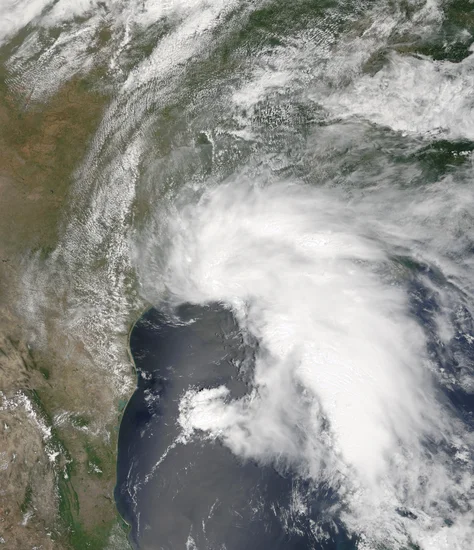
Tropical Storm Allison made landfall on the Texas coast, dumping unprecedented rainfall amounts over Houston. The storm caused $5.5 billion in damages, becoming the second-costliest tropical storm in American history.
Houston’s inadequate drainage systems couldn’t handle the massive water volumes, causing catastrophic flooding throughout the metropolitan area. The disaster exposed serious infrastructure vulnerabilities in major urban centers.
1932 – Dave Gold Born
American entrepreneur Dave Gold was born, later founding the innovative 99 Cents Only Stores retail chain. His discount retail concept revolutionized shopping for budget-conscious consumers across America.
Gold’s business model proved that extreme value pricing could generate substantial profits while serving lower-income communities. His retail innovation influenced countless discount retailers and changed American shopping habits.
Transportation and Infrastructure on June 5
1975 – Suez Canal Reopens After Six-Day War
The Suez Canal resumed operations for the first time since closure during the 1967 Six-Day War. This vital waterway’s reopening restored crucial maritime trade routes between Europe and Asia.
The canal’s eight-year closure had forced ships to navigate around Africa, dramatically increasing transportation costs and delivery times. Egypt’s decision to reopen the canal marked a significant step toward regional economic recovery.
1976 – Teton Dam Catastrophic Failure

The Teton Dam in Idaho suffered catastrophic collapse, releasing massive floodwaters that killed eleven people. The engineering disaster highlighted serious flaws in dam construction and safety oversight procedures.
The dam failure destroyed thousands of homes and businesses throughout the Snake River valley. This tragedy prompted comprehensive reforms in dam engineering standards and federal safety regulations.
1991 – Space Shuttle Columbia Launches STS-40

Space Shuttle Columbia launched on mission STS-40, carrying the fifth Spacelab scientific research mission. The crew conducted vital medical experiments examining human adaptation to weightlessness conditions.
This mission advanced understanding of space medicine and human physiology in microgravity environments. The research findings proved crucial for planning longer-duration space missions and Mars exploration.
2024 – Boeing Starliner’s First Crewed Flight

The Boeing Starliner spacecraft launched on its inaugural crewed mission, carrying astronauts Barry Wilmore and Sunita Williams to the International Space Station. This milestone marked Boeing’s entry into commercial crew transportation.
The successful launch restored American confidence in commercial spaceflight capabilities after years of development challenges. Boeing’s achievement provided NASA with additional options for crew transportation to low Earth orbit.
Sports and Recreation on June 5
1912 – Marion Motley Born

American football legend Marion Motley was born, later becoming one of the sport’s first African American superstars. His powerful running style and barrier-breaking career helped integrate professional football.
Motley’s Cleveland Browns dominated the All-America Football Conference with his ground-breaking performances. His athletic achievements opened doors for future generations of African American football players.
1945 – John Carlos Born
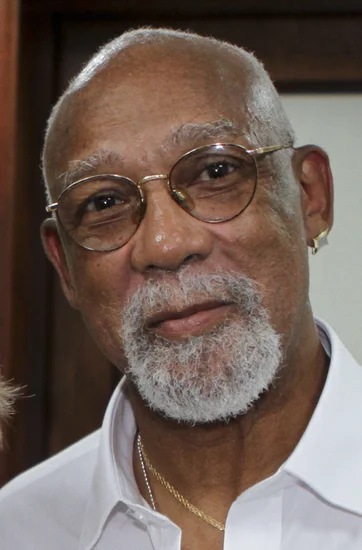
Olympic sprinter John Carlos was born, later becoming famous for his iconic Black Power salute at the 1968 Olympics. His courageous political statement brought international attention to civil rights struggles.
Carlos’s protest alongside Tommie Smith became one of the most powerful moments in Olympic history. His activism demonstrated how athletes could use their platforms to advocate for social justice.
1956 – Kenny G Born

American saxophonist Kenny G was born, later becoming one of the world’s best-selling instrumental musicians. His smooth jazz style would dominate adult contemporary music markets for decades.
Kenny G’s melodic approach made jazz accessible to mainstream audiences worldwide. His commercial success helped revitalize interest in saxophone music and instrumental jazz recordings.
1971 – Mark Wahlberg Born

Actor and former rapper Mark Wahlberg was born in Boston, later achieving success in both music and film industries. His transformation from troubled youth to Hollywood star inspired countless personal redemption stories.
Wahlberg’s acting career included acclaimed performances in dramatic and action films. His production company developed numerous successful movies and television series, establishing him as a major entertainment industry figure.
Notable Births on June 5
1920 – Cornelius Ryan Born
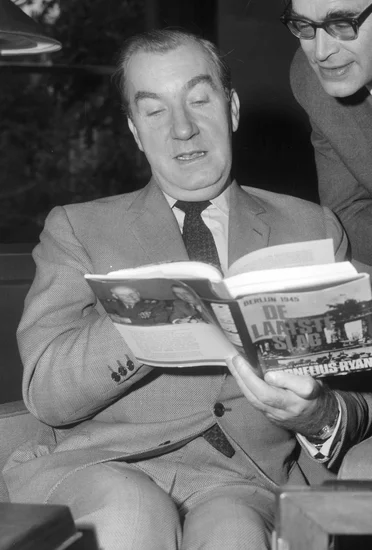
Irish-American journalist Cornelius Ryan was born, later becoming renowned for his definitive World War II historical narratives. His meticulous research and compelling storytelling brought wartime experiences to vivid life.
Ryan’s masterworks “The Longest Day” and “A Bridge Too Far” became classic war literature. His journalistic approach to historical writing influenced countless military historians and war correspondents.
1928 – Tony Richardson Born
English film director Tony Richardson was born, later becoming a pioneering figure in British cinema’s social realist movement. His innovative directing style challenged conventional filmmaking approaches and theatrical traditions.
Richardson’s films examined working-class life with unprecedented honesty and artistic vision. His Academy Award-winning work helped establish British cinema as a major international force.
1939 – Joe Clark Born
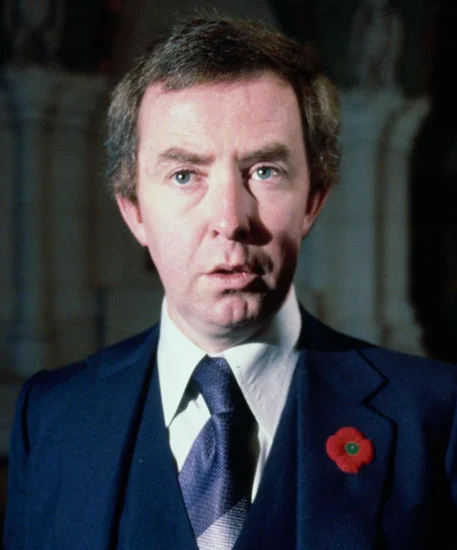
Canadian journalist and politician Joe Clark was born, later serving as Canada’s 16th Prime Minister. His political career spanned decades of significant Canadian constitutional and international developments.
Clark’s leadership during crucial periods helped shape modern Canadian federalism and international relations. His diplomatic skills earned respect across party lines and international political circles.
1941 – Martha Argerich Born

Argentinian pianist Martha Argerich was born, later becoming one of classical music’s most celebrated virtuoso performers. Her passionate interpretations and technical brilliance revolutionized piano performance standards.
Argerich’s recordings of Chopin, Liszt, and Prokofiev became definitive interpretations for aspiring pianists worldwide. Her artistic legacy continues inspiring new generations of classical musicians.
1951 – Suze Orman Born
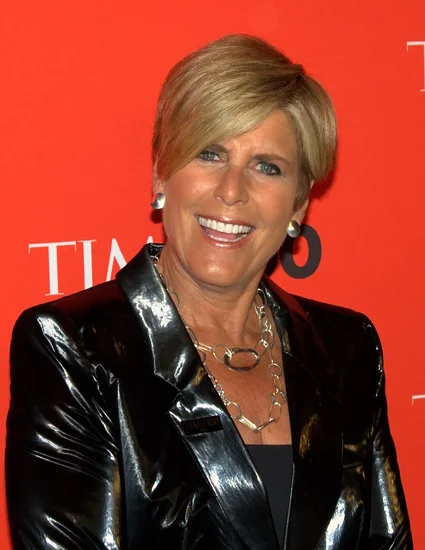
Financial advisor Suze Orman was born, later becoming America’s most recognizable personal finance expert. Her practical advice and motivational approach helped millions achieve financial independence.
Orman’s television shows and bestselling books democratized financial knowledge for ordinary Americans. Her emphasis on financial empowerment particularly resonated with women seeking economic independence.
1959 – Kathleen Kennedy Born

Film producer Kathleen Kennedy was born, later co-founding Amblin Entertainment and becoming one of Hollywood’s most powerful executives. Her production work shaped modern blockbuster filmmaking.
Kennedy’s collaborations with Steven Spielberg produced numerous iconic films including “E.T.” and “Jurassic Park.” Her leadership continues influencing major studio decisions and industry diversity initiatives.
1978 – Rick Riordan Born
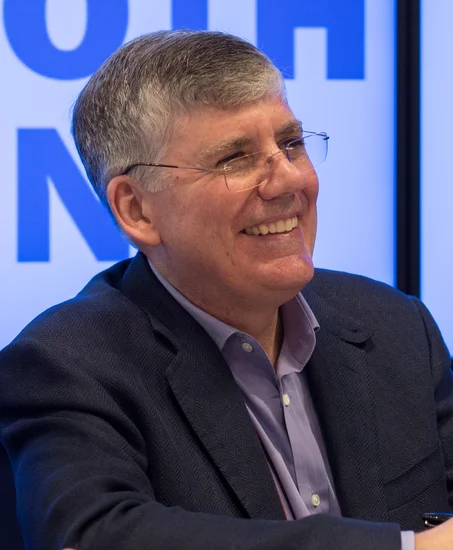
American author Rick Riordan was born, later creating the beloved Percy Jackson series that revolutionized young adult fantasy literature. His modern mythology approach captivated millions of young readers.
Riordan’s books made classical mythology accessible and exciting for contemporary audiences. His diverse character representation helped modernize children’s literature and inspired countless young writers.
1995 – Troye Sivan Born

South African-born Australian singer-songwriter Troye Sivan was born, later becoming a global pop sensation and LGBTQ+ advocate. His musical career began through YouTube before achieving mainstream success.
Sivan’s honest songwriting about sexuality and identity resonated with young audiences worldwide. His advocacy work helped advance LGBTQ+ representation in popular music and entertainment.
Notable Deaths on June 5
1916 – Herbert Kitchener Dies
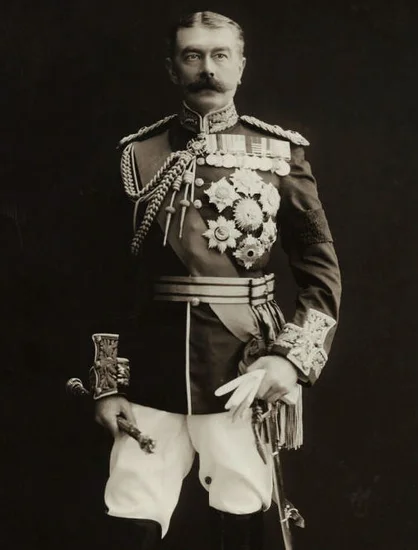
British field marshal Herbert Kitchener, 1st Earl Kitchener, perished when his ship struck a mine off Scotland. His death shocked the British Empire and robbed the nation of its most recognizable military leader.
Kitchener’s legendary status stemmed from colonial campaigns in Sudan and his iconic recruitment poster image. His loss severely impacted British military morale during World War I’s most challenging period.
1968 – Robert F. Kennedy Assassinated
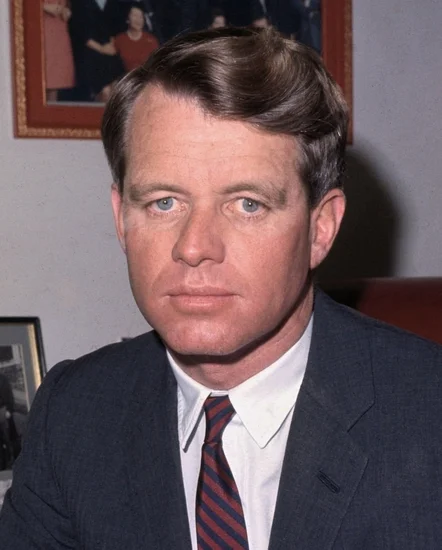
Presidential candidate Robert F. Kennedy was assassinated by Sirhan Sirhan, devastating American politics and the Kennedy family. The tragedy occurred just moments after Kennedy’s victory speech in the California primary.
Kennedy’s death eliminated a charismatic leader who might have unified a deeply divided nation. His assassination marked another traumatic moment in America’s turbulent 1960s political landscape.
1999 – Mel Tormé Dies
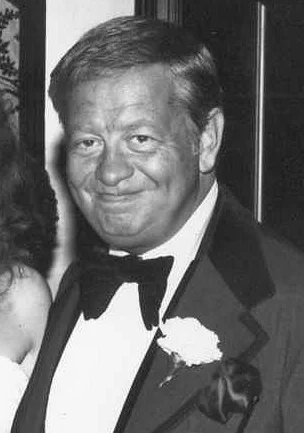
American singer-songwriter Mel Tormé, known as the “Velvet Fog,” passed away after a distinguished jazz career. His sophisticated vocal style and musical arrangements influenced countless jazz performers.
Tormé’s compositional talents produced standards like “The Christmas Song” that became American classics. His death marked the end of an era in traditional American popular music.
2004 – Ronald Reagan Dies
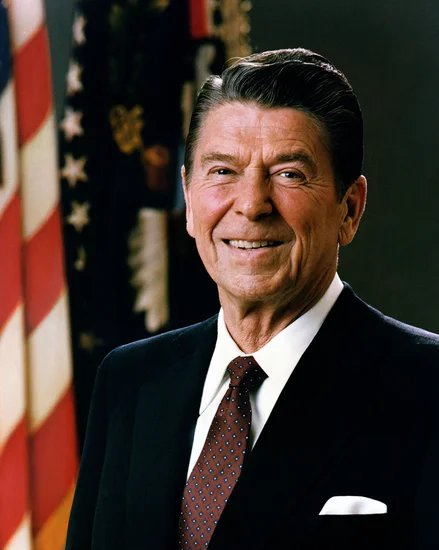
Ronald Reagan, 40th President of the United States, died after a decade-long battle with Alzheimer’s disease. His death prompted massive public mourning and reflection on his transformative presidency.
Reagan’s conservative revolution fundamentally altered American politics and international relations. His communication skills and optimistic vision helped restore American confidence during challenging times.
2012 – Ray Bradbury Dies
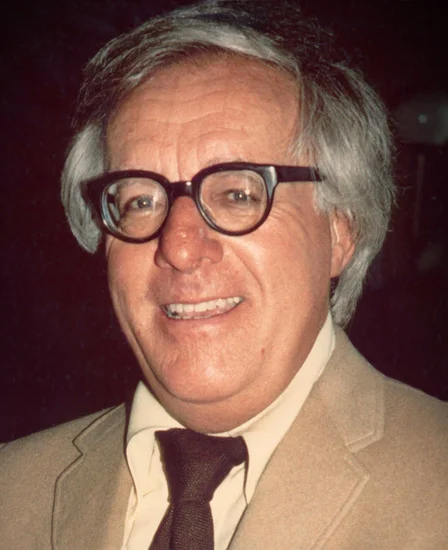
Science fiction master Ray Bradbury passed away, leaving behind a literary legacy that defined the genre. His imaginative works like “Fahrenheit 451” explored technology’s impact on human society.
Bradbury’s poetic prose style elevated science fiction from pulp entertainment to serious literature. His visionary warnings about censorship and conformity remain startlingly relevant today.
2018 – Kate Spade Dies

Fashion designer Kate Spade died by suicide, shocking the fashion world and highlighting mental health challenges. Her colorful handbag designs had revolutionized women’s accessories and inspired countless designers.
Spade’s brand became synonymous with accessible luxury and playful sophistication. Her tragic death sparked important conversations about mental health in high-pressure creative industries.
Holidays and Observances on June 5
World Environment Day

The United Nations designated June 5 as World Environment Day, the premier global platform for environmental public outreach. This annual observance mobilizes millions of people worldwide to address pressing environmental challenges.
Governments, businesses, and communities organize events promoting environmental awareness and sustainable practices. The day serves as a powerful reminder of humanity’s responsibility to protect our planet for future generations.
Constitution Day Denmark
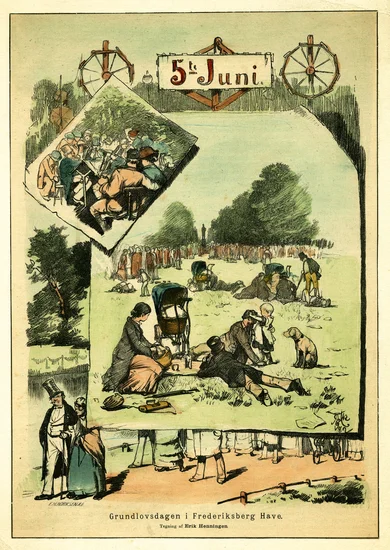
Denmark celebrates Constitution Day, commemorating the signing of the nation’s first constitution in 1849. This national holiday honors Danish democratic traditions and constitutional governance principles.
The constitution established Denmark as a constitutional monarchy with fundamental rights and freedoms. Danes traditionally celebrate with political speeches, community gatherings, and reflections on democratic values.
Liberation Day Seychelles
Seychelles observes Liberation Day, marking the 1977 coup that brought the current political system to power. This national holiday celebrates the islands’ independence and political transformation.
The observance includes official ceremonies, cultural performances, and community celebrations throughout the archipelago. Seychellois people reflect on their nation’s journey toward sovereignty and development.
Father’s Day Denmark

Danish families celebrate Father’s Day, honoring paternal figures and their contributions to family life. This special occasion strengthens family bonds and recognizes fathers’ important roles in child development.
Traditional celebrations include family gatherings, special meals, and gift-giving to fathers and father figures. The day emphasizes the importance of positive male role models in Danish society.
